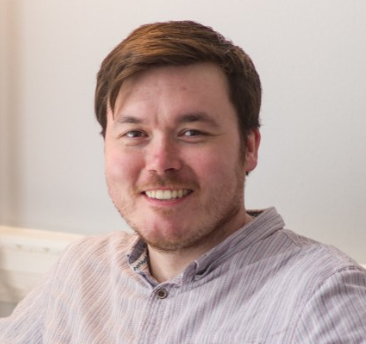Awarded the EDF/Royal Academy of Engineering Senior Research Fellow in Correlative Microscopy for Nuclear Power
/I am very grateful to both EDF and the Royal Academy of Engineering for granting me a five year fellowship to allow me to spend more time on our microscopes understanding how materials change inside nuclear reactors - there is a lot of really exciting work ahead of us!
The five-year position, co-sponsored by industry partner EDF Energy, will enable me to expand my research group supporting the latest developments in materials geared towards advancing the past, present, and future of nuclear power.
It’s a real honour to be awarded this fellowship, which will be instrumental in meeting the pressing challenges posed by climate change and energy security. The UK is committed to achieving net zero by 2050, which means it must remove as much greenhouse gas from the atmosphere as it emits. Renewable energy sources, such as wind and solar, are a vital part of this transition but present fluctuations in supply are resulting in reliance on natural gas.
Nuclear power, which produces around the same amount of carbon as solar and wind, currently accounts for between 15% and 20% of our energy. But the existing fleet of gas-cooled nuclear reactors are coming to the end of their operational life and will all close in the coming years. For new reactor construction and exciting advanced fission and fusion designs, materials research is essential, and it’s great to be at the forefront of such important work.
I am Deputy Director of the Interface Analysis Centre (IAC) facility at the University of Bristol. The IAC facility contains a suite of advanced microscopes used by my research team to understand how components in nuclear reactors change over time. This includes a plasma-focused ion beam providing 3D analysis of how the structures in a material change at the nano and micro scale, which can predict where a component might fail.
The materials in a nuclear reactor experience one of the most extreme environments on Earth. Gradually, over years, these components change as they are exposed to high temperatures, stresses, radiation, and corrosive environments in the reactor. We have worked in partnership with EDF for a long time to help understand how the materials in the reactor evolve during operation. Our research has helped extend the life of the gas-cooled reactor fleet by more than a decade, resulting in billions of pounds of clean electricity on the UK grid. This fellowship will allow us to grow our collaboration with EDF, providing material insights to extend the life of existing reactors safely, support the construction of new reactors, and better understand future challenges.

